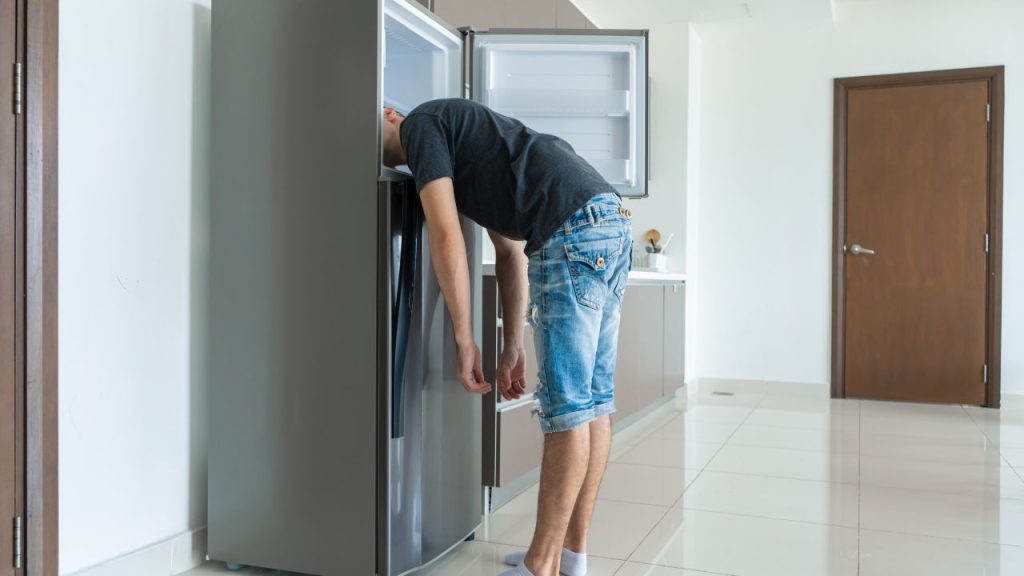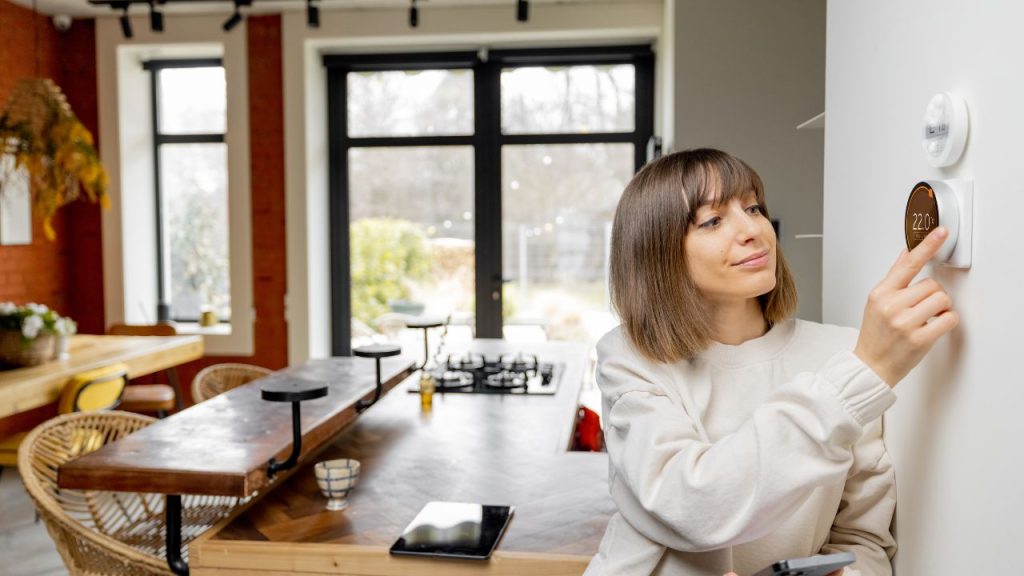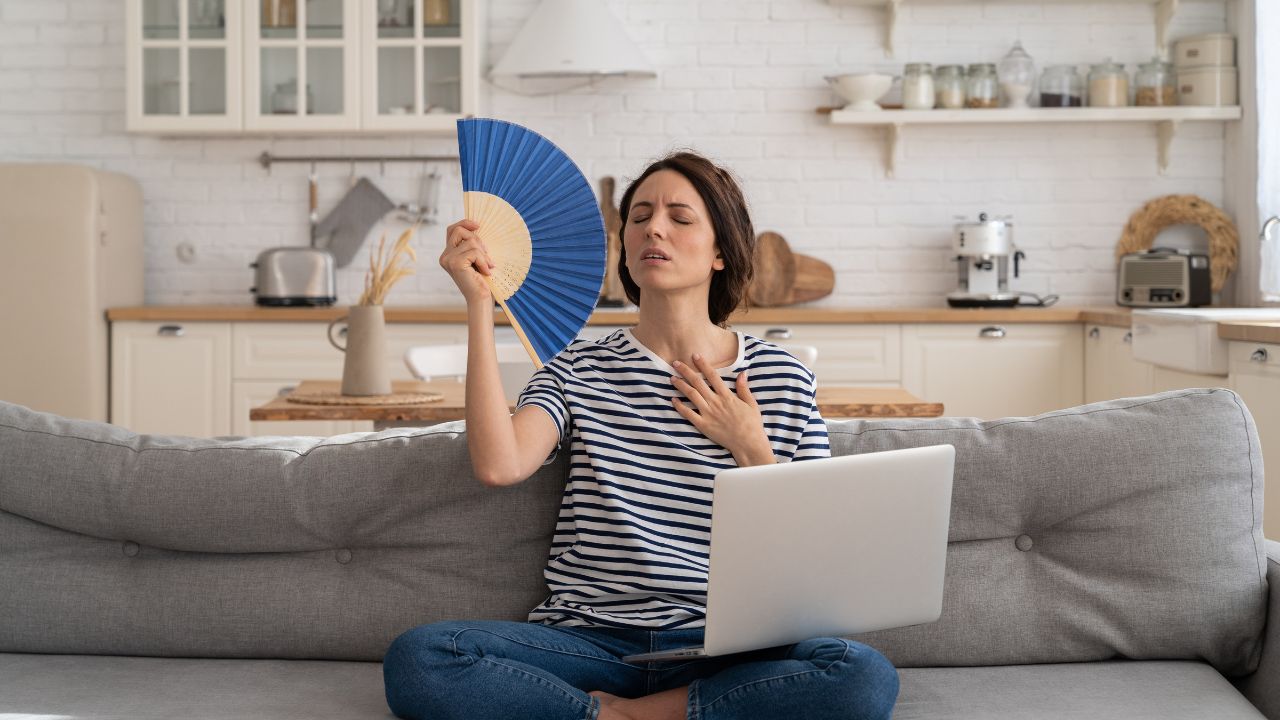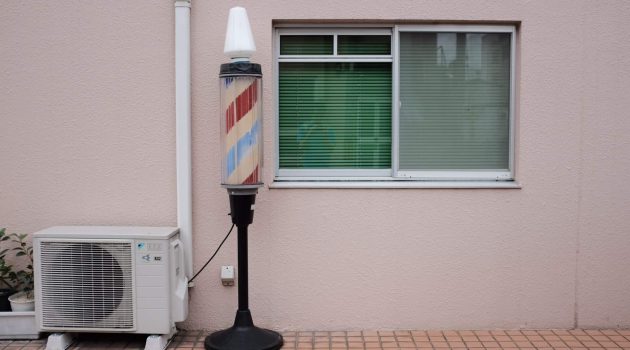When we think of factors that affect our mood and well-being, we often consider things like diet, exercise, sleep, and stress levels.
However, one factor that may be overlooked is the temperature of our environment.
The temperature of our surroundings can have a significant impact on our emotional and physical state, which is why having effective radiators in our homes is so important.
In this article, we will explore how heating affects your mood and well-being, delving into the science of temperature regulation and the various effects of heating on our mental and physical health.
1. The Science of Temperature Regulation
Before we dive into the effects of heating on our mood and well-being, it’s essential to understand the science of temperature regulation.
Our body temperature is regulated by the hypothalamus in the brain, which receives signals from temperature receptors throughout the body.
When we’re too hot, we sweat to cool down, and when we’re too cold, we shiver to generate heat.
The hypothalamus helps to maintain our internal temperature within a narrow range to ensure our body functions optimally.
2. Effects of Heating on Mood

The Positive Impact of Warmth
Studies have shown that people tend to be in a better mood when they’re warm. This is because warmth promotes the release of the hormone oxytocin, which is associated with feelings of happiness and relaxation.
Additionally, being warm can help to reduce stress levels, which can have a positive impact on mood.
The Negative Impact of Overheating
On the other hand, being too hot can have the opposite effect on mood. When we’re too hot, we can become irritable, lethargic, and even aggressive.
This is because high temperatures can lead to dehydration, which can cause fatigue and reduce cognitive function.
When we’re dehydrated, our brain’s ability to regulate mood and emotions is compromised, leading to negative feelings and behaviors.
3. Effects of Heating on Well-being

Sleep Quality
One of the most significant impacts of heating on our well-being is its effect on sleep.
Studies have shown that a cool environment is optimal for sleep as it helps to regulate our body temperature, which is essential for falling and staying asleep.
However, being too cold can also be detrimental to sleep quality as it can cause discomfort and even pain. The key is to find a comfortable temperature that promotes restful sleep.
Immune System Function
Another way heating affects our well-being is through its impact on our immune system.
When we’re cold, our body focuses on maintaining its core temperature, which can divert resources away from our immune system.
This can make us more susceptible to illness and infections. Conversely, when we’re warm, our body can focus on fighting off pathogens and keeping us healthy.
Respiratory Health
Heating can also affect our respiratory system. When the air is too dry, it can irritate our nasal passages and throat, leading to coughing and discomfort.
Heating can help to increase humidity levels in the air, which can alleviate these symptoms and promote better respiratory health.
Cardiovascular Health
Heating can have a direct impact on our cardiovascular health as well. Cold temperatures can cause our blood vessels to constrict, increasing blood pressure and the risk of cardiovascular events.
On the other hand, maintaining a comfortable temperature can help reduce the strain on our cardiovascular system, promoting better overall heart health.
4. Finding the Right Balance

To ensure optimal mood and well-being, it’s crucial to find the right balance in terms of temperature. Being warm can promote feelings of happiness and relaxation while reducing stress levels.
However, being too hot can have the opposite effect, leading to irritability and fatigue.
When it comes to our overall well-being, finding a comfortable temperature is key for promoting restful sleep, supporting our immune system, maintaining respiratory and cardiovascular health.
5. Tips for Optimal Temperature Management

Insulation and Energy Efficiency
One of the most effective ways to ensure consistent and comfortable indoor temperatures is to invest in proper insulation and energy-efficient heating systems.
Insulation helps to keep your home warm during the winter and cool during the summer, reducing the need for excessive heating or cooling.
Additionally, energy-efficient heating systems can provide consistent warmth while using less energy, helping to reduce both your environmental impact and utility costs.
Using Smart Thermostats
Smart thermostats are an excellent tool for maintaining optimal indoor temperatures.
These devices allow you to program temperature settings for different times of the day, ensuring that your home stays comfortable while also conserving energy.
Many smart thermostats can also learn your habits and preferences over time, making adjustments to maintain your ideal temperature without manual intervention.
Layering and Clothing Choices
Another way to regulate your body temperature and maintain comfort is through your clothing choices. Dressing in layers can help you easily adjust to changing indoor temperatures.
Choose breathable, moisture-wicking fabrics to help regulate body temperature and prevent overheating.
Hydration and Nutrition
Staying properly hydrated is essential for maintaining optimal body temperature and overall well-being.
Ensure that you’re drinking enough water throughout the day, especially during periods of high heat or physical exertion.
Additionally, consuming a balanced diet rich in vitamins, minerals, and antioxidants can help support your body’s natural temperature regulation processes.
Conclusion
As we continue to prioritize our physical and mental health, let’s not forget the importance of temperature regulation in achieving optimal well-being.
By understanding the science of temperature regulation, recognizing the effects of heating on mood and well-being, and implementing practical strategies for maintaining a comfortable environment, we can support our overall health and happiness.
With the right balance of heating and cooling, we can create a comfortable living space that promotes restful sleep, strong immune function, and improved mood, contributing to a better quality of life.



